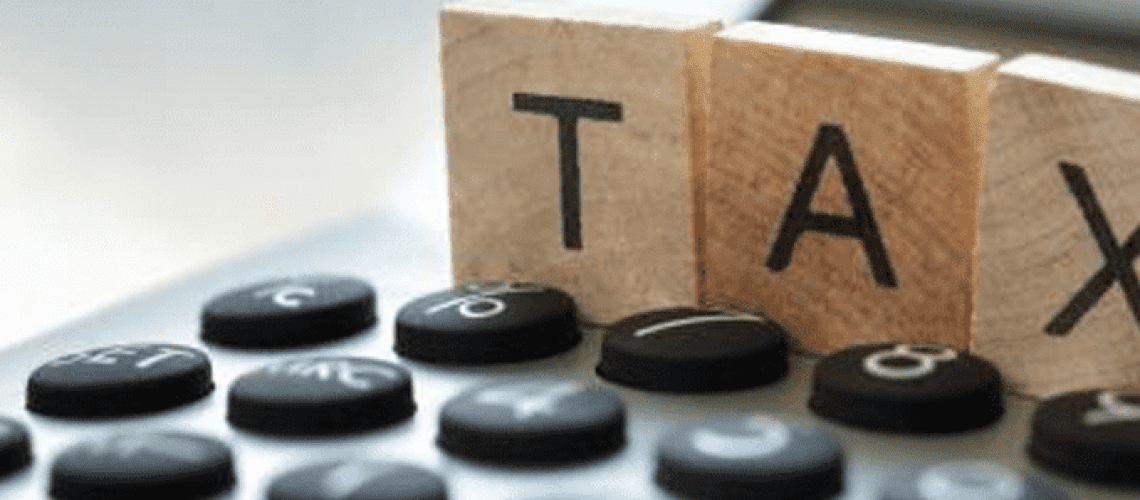Stop Treating It Like It’s Bloody Christmas
Let’s get one thing straight:
Tax isn’t something you deal with once a year.
If you’re still waiting until March to “sort your tax stuff out,” you’re already too late—and probably paying too much.
Here’s the reality:
You can (and should) adjust your tax planning anytime. Yes, even now—midway through 2025. The idea that tax planning is something reserved for year-end accountants and panic-mode business owners is outdated, lazy thinking. And it’s costing you.
So let’s fix that.
Why Mid-Year Is the Best Time to Review Your Tax Position
Mid-year is when the dust settles. You’ve seen what the first half of the year has delivered (or not). You’ve got actual data, not just hopeful forecasts. You’ve also got time to do something about it—before the IRD has their hand out.
Here’s the big win: proactive tax planning means fewer surprises, more control, and better use of your own damn money.
5 Things You Can Do Right Now to Improve Your 2025 Tax Position
1. Run a Mid-Year Forecast (Yes, You)
If you don’t know what your income and expenses are tracking toward for the year, you’re flying blind. A simple profit forecast—based on YTD figures plus realistic estimates—can show you whether you’re heading for a tax blowout or a manageable bill. Know where you’re heading before you get there.
2. Review Your Provisional Tax Payments
Don’t just blindly pay what IRD tells you. Their estimates are based on last year’s numbers—which may be wildly off. If your income’s up or down, you can adjust your payments accordingly. Use the “Estimate My Income” tool or talk to an accountant who isn’t asleep at the wheel.
3. Bring Forward or Defer Costs (Legally)
Got big expenses coming up? Equipment, training, maintenance? Timing matters. Bringing them forward (before 31 March) might reduce your taxable profit. On the flip side, deferring income (legitimately) might push tax into a lower bracket or a different year. Strategy is legal. Laziness is expensive.
4. Check Your Business Structure
Still operating as a sole trader when you’re earning like a company? Still got personal assets tied up in your business? Now’s the time to review whether your structure is actually fit for purpose. Too many people wait until they’re in court, bankrupt, or audited to realise they got this wrong. Don’t be that person.
5. Use the Tools and Credits Available to You
Investment Boost, home office deductions, mileage, depreciation, asset write-offs—there are legitimate ways to lower your tax bill that most small business owners don’t even know exist. The IRD won’t remind you. That’s your job. Or better yet, your accountant’s—if they’re any good.
But Brydon, Isn’t It Too Late to Change Things for 2025?
Hell no.
Unless your balance date is already behind you, there’s still time to make decisions that affect this year’s tax. Even if it is behind you, you can start adjusting now to make next year easier. Either way, the point is this:
Tax is a monthly conversation—not a once-a-year panic.
What Smart Business Owners Are Doing Differently
- They look at their tax position quarterly, not just at balance date.
- They work with accountants who plan, not just process.
- They treat tax as part of their profit strategy, not a punishment.
- They understand that what you keep is just as important as what you earn.
Final Thought: Stop Giving the IRD an Interest-Free Loan
Every dollar you overpay because of bad planning is money that could’ve been invested, saved, or used to take a bloody break. You wouldn’t hand a stranger $10,000 and say, “Hang onto this for a year, no interest, I trust you.” So why are you doing that with your tax?
It’s your money. Own it.
Plan smarter.
And don’t wait for January 1 to pull your head out of the sand.
#RealTalkForBusiness #LinkedInForBusiness

